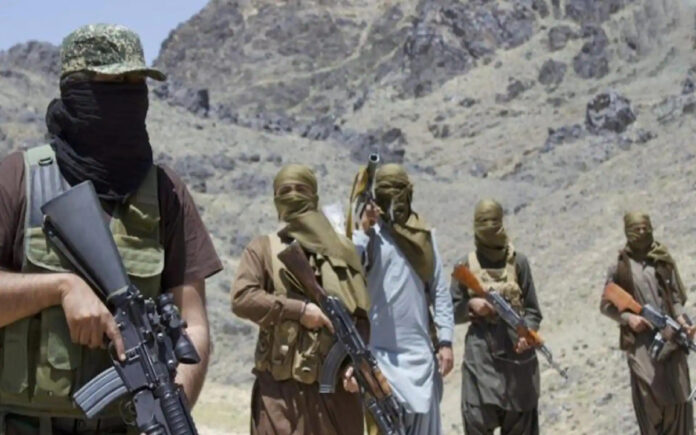Quetta: The Baloch Liberation Army (BLA) has claimed responsibility for 71 coordinated attacks across more than 51 locations in Balochistan, targeting various sites linked to Pakistan’s military and intelligence, local police stations, mineral transport vehicles, and key infrastructure along major highways.
In a statement released on May 11, BLA spokesperson Jeeyand Baloch explained that the objective of these attacks was not only to cause damage but also to assess Pakistan’s military coordination, ground control, and defensive capabilities. He added that the attacks were intended to strengthen their readiness for future organized warfare.
“The aim of these attacks was not simply to destroy the enemy but to test military coordination, ground control, and defensive positions, to strengthen readiness for future organised warfare,” the BLA stated.
Also Read | Kurdish PKK Announces End to 40-Year Conflict with Turkish State
In his press release, Baloch expressed a defiant message toward India, asserting that any discussions from Pakistan about peace, ceasefire, or brotherhood were mere “deceptions”, part of a tactical maneuver with temporary intent.
“We assure India that if it makes the final decision to eliminate the terrorist state of Pakistan, Baloch Liberation Army, along with the entire nation, is ready to attack from the western border. We will not only welcome the decision but will also become its practical and military arm. We are ready to surround Pakistan from both eastern and western fronts,” Baloch said.
Also Read | CATL’s $4 Billion Hong Kong IPO Sets Global Record for 2025
He also called on the international community and the subcontinent to take decisive action against Pakistan, warning that continuing to tolerate Pakistan’s actions could lead to consequences for global stability in the future. “If Pakistan continues to be tolerated, then in the coming years, its very existence may ruin the entire world,” Baloch warned.
The Baloch Liberation Army is an armed separatist group that formed in response to long-standing grievances over political marginalization, economic exploitation, and military repression by the Pakistani government.



